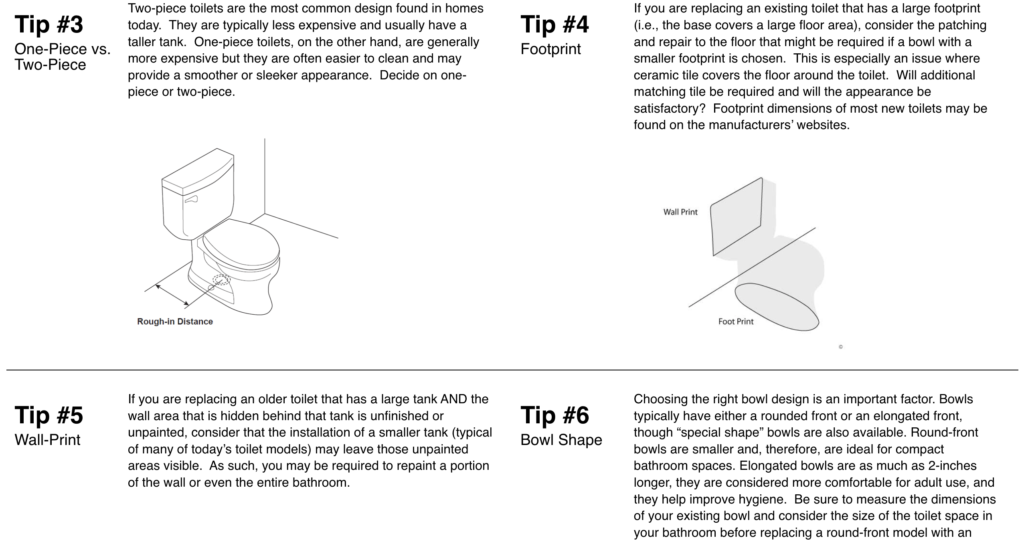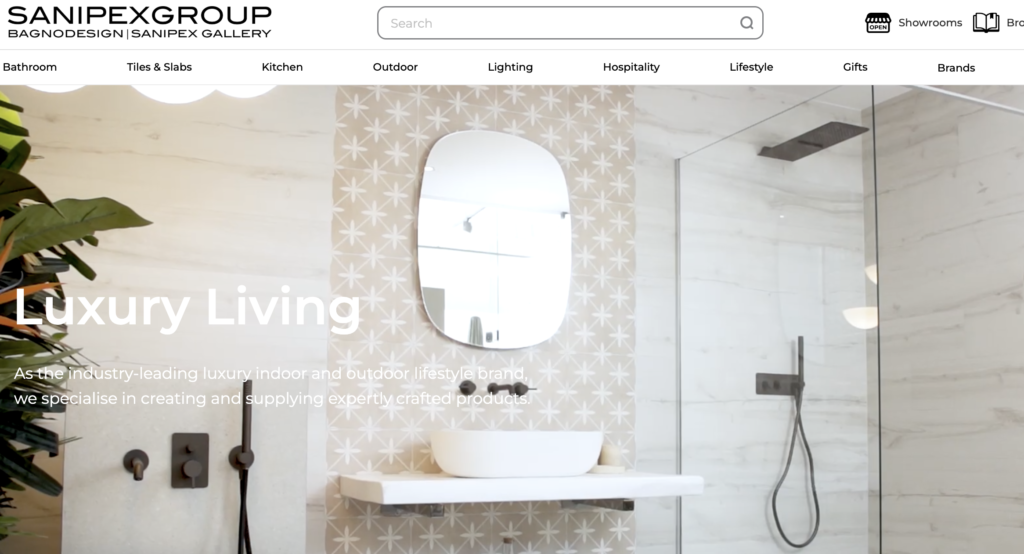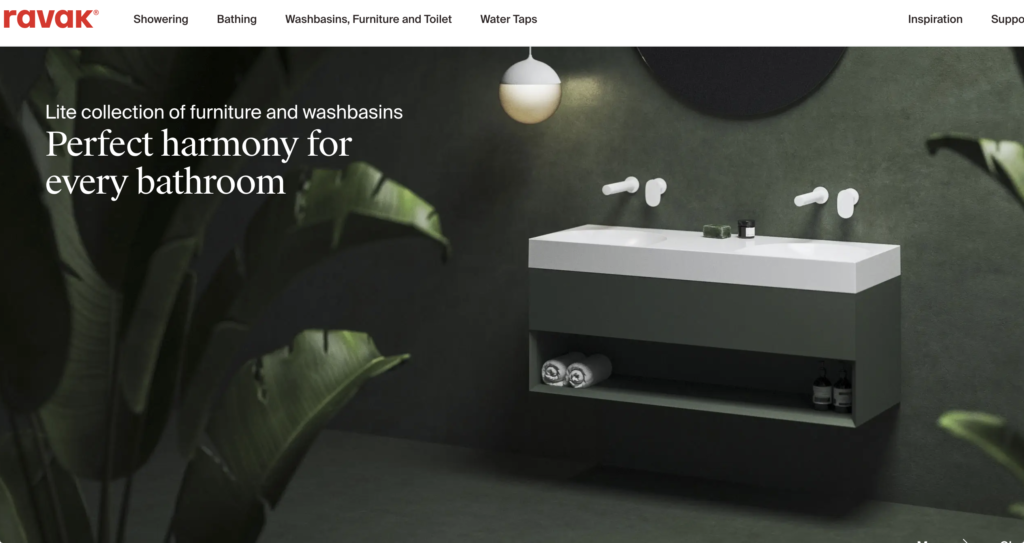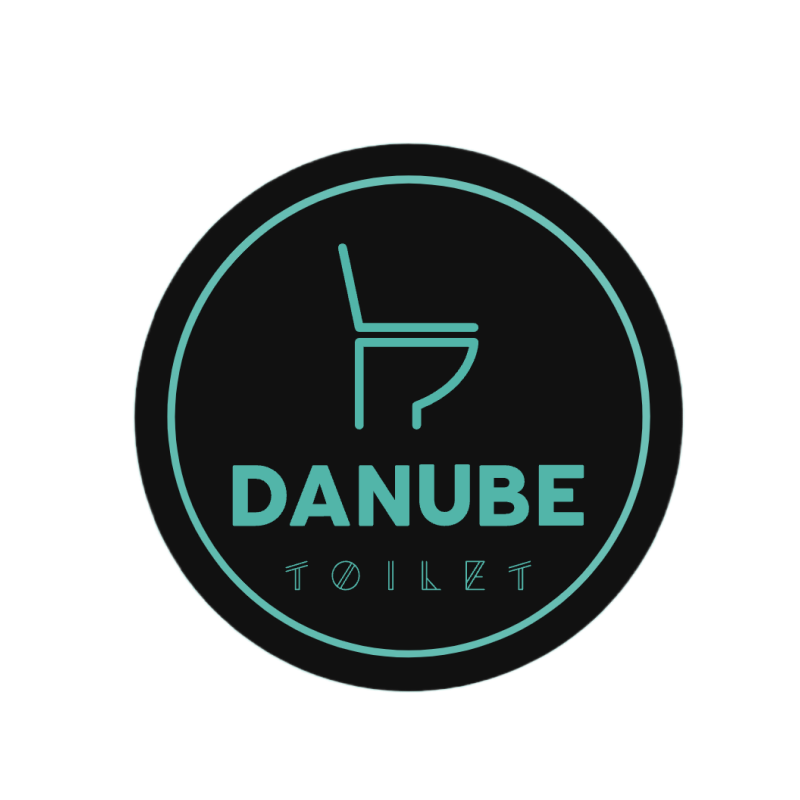When you’re outfitting a bathroom — whether it’s in a hotel suite, luxury apartment, or an international commercial project — you’re not just choosing fixtures. You’re investing in safety, durability, and the long-term reputation of your brand.
That’s why third-party testing for bathroom products like ceramic toilets, smart toilet seats, wall-hung wash basins, or bathroom vanities is no longer a “nice-to-have.” It’s essential.
Let’s explore what third-party testing means, why it matters, and how it can protect your business — whether you’re sourcing products for an upscale hospitality project in Dubai or a residential development in the UK.
What Is Third-Party Testing in the Bathroom Industry?
Third-party testing refers to the process where an independent organization assesses a product for compliance with established safety, performance, and environmental standards. These organizations are neutral — they don’t manufacture or sell the product — which means their results are unbiased and credible.
This type of testing is especially important in the bathroom sanitary ware industry due to the safety and hygiene considerations involved with water usage, waste disposal, and electronic components in smart bathroom products.

Common types of third-party tests include:
- Water-saving performance (WELS/WaterSense)
- Flush performance (MaP testing)
- Structural integrity under pressure
- Surface glaze durability
- Electrical safety for smart toilets or mirrors
Why Does Third-Party Testing Matter So Much?
Let’s break it down in plain terms: third-party testing helps ensure that your ceramic bathroom sink doesn’t crack under pressure, your smart toilet bidet seat doesn’t short-circuit in a humid environment, and your freestanding vanity unit won’t warp after just six months of use.
Here are the key reasons why third-party testing should be on your procurement checklist:
1. Regulatory Compliance in Different Markets
Whether you’re shipping to the U.S., the EU, or the Middle East, local regulations vary — and failing to meet them can mean fines, returns, or bans from entering the market. Testing ensures products meet standards like CE (Europe), UPC (USA), WRAS (UK), or SASO (Saudi Arabia).
2. Brand Trust and Credibility
Would you book a five-star hotel if their toilet seat cracked after one use? Neither would your customers. Buyers trust brands that back up their product claims with verified quality.
3. Reduced Liability and Legal Risk
In large projects — such as hospital builds or commercial towers — one faulty product can lead to accidents, lawsuits, or major project delays. Independent testing helps minimize these risks.
4. Differentiation in a Competitive Market
In an industry flooded with cheap, unverified sanitary ware, verified products stand out. When you add third-party testing certifications to your product listings or proposal documents, it speaks volumes.
Side-by-Side Comparison: Tested vs Non-Tested Bathroom Products
Let’s take a look at how third-party tested bathroom products compare with non-tested ones in real-world situations:
| Feature/Factor | Third-Party Tested Products | Non-Tested Products |
|---|---|---|
| Regulatory Compliance | Meet global standards (CE, WRAS, UPC, etc.) | May fail customs inspection or market entry |
| Durability of Ceramics | Verified to withstand long-term use | Prone to cracking or discoloration |
| Smart Toilet Electronics | Pass safety and waterproofing tests | Risk of malfunction, fire hazard |
| Surface Finish & Hygiene | Certified anti-bacterial glazes, easy to clean | Unverified surfaces, harbor bacteria |
| Project Approval Time | Faster due to documentation and certifications | Delays due to resubmissions or replacements |
| Reputation Impact | Enhances brand image and reliability | Potential damage to reputation in case of product failure |
Case Study: UAE’s Luxury Bathroom Market & Brands That Prioritize Testing
The UAE is one of the leading markets for high-end bathroom projects, with developments like Atlantis The Royal and The Address Residences demanding top-tier quality. Brands that lead this market understand the importance of certified, tested bathroom ware.
Here are five well-known bathroom brands in the UAE that emphasize third-party certification:
1. BagnoDesign
A premium brand offering modern European-style wall-hung toilets and vanities. Their products are CE-certified and tested for water efficiency and pressure resistance.
2. Sanipex Group

Known for sourcing only WRAS- and CE-certified sanitaryware. Their products frequently appear in luxury hospitality and healthcare projects.
3. Aquazone
Offers a wide range of smart toilet systems and touchless washbasins with international testing certifications like WaterSense and SASO.
4. RAVAK Middle East

While originally European, their UAE division emphasizes conformity to Gulf standards including ESMA and G-Mark testing.
5. Fiora Bath Collections
Their bathroom cabinets and mirrored vanity units are known for passing durability and humidity-resistance tests suitable for regional climate conditions.
How Buyers Can Verify Testing Claims
It’s not enough to see a logo on a brochure. Here’s how you, as a buyer or project manager, can verify the authenticity of third-party tested bathroom products:
- Ask for certificates with valid date ranges and serial numbers
- Check if the testing lab is ISO/IEC 17025 accredited
- Look for markings like CE, UPC, WRAS, SASO, or WaterSense
- Request product testing reports (often provided in PDF format)
FAQ – People Also Ask
What are the most important tests for smart toilets?
For smart toilets, key tests include IPX waterproofing grades, electrical safety (IEC/EN standards), and water pressure system testing. Features like heated seats and self-cleaning nozzles also need specific lifecycle testing.
Can OEM bathroom products still be third-party certified?
Absolutely. OEM products can and should be tested — especially when the factory produces for multiple global markets. Always ask the OEM provider for certification compatibility with your target region.
Is WRAS certification mandatory in the UK?
Yes, for products that connect to the mains water supply, WRAS certification ensures that the material and design comply with UK Water Supply Regulations.
Does CE marking apply to ceramic toilets?
CE marking can apply if the product is part of an assembly (e.g., flushing mechanisms or electrical parts). While plain ceramic may not require CE, associated features might.
How long are testing certifications valid?
Most third-party certifications are valid for 1–5 years. However, this can vary based on regulatory changes or product design updates.
Final Thoughts: Why Responsible Sourcing Starts with Testing
At the end of the day, the bathroom is one of the most functional — and scrutinized — spaces in any building. For global procurement teams, developers, and project engineers, choosing third-party tested bathroom products isn’t just smart. It’s necessary.
From smart toilets and LED mirrors to ceramic wash basins for hotels and floating bathroom vanities, tested products provide peace of mind that goes far beyond aesthetics.
🛠️ About the Manufacturer Behind the Scenes
Danube is a professional manufacturer of ceramic toilets, wash basins, intelligent bathroom mirrors, and full bathroom cabinet sets in China. We specialize in OEM and ODM orders for global sanitary ware brands and large-scale construction and hotel projects. All products can be developed and manufactured with internationally recognized testing standards in mind — making sourcing from us a reliable and compliant choice.
